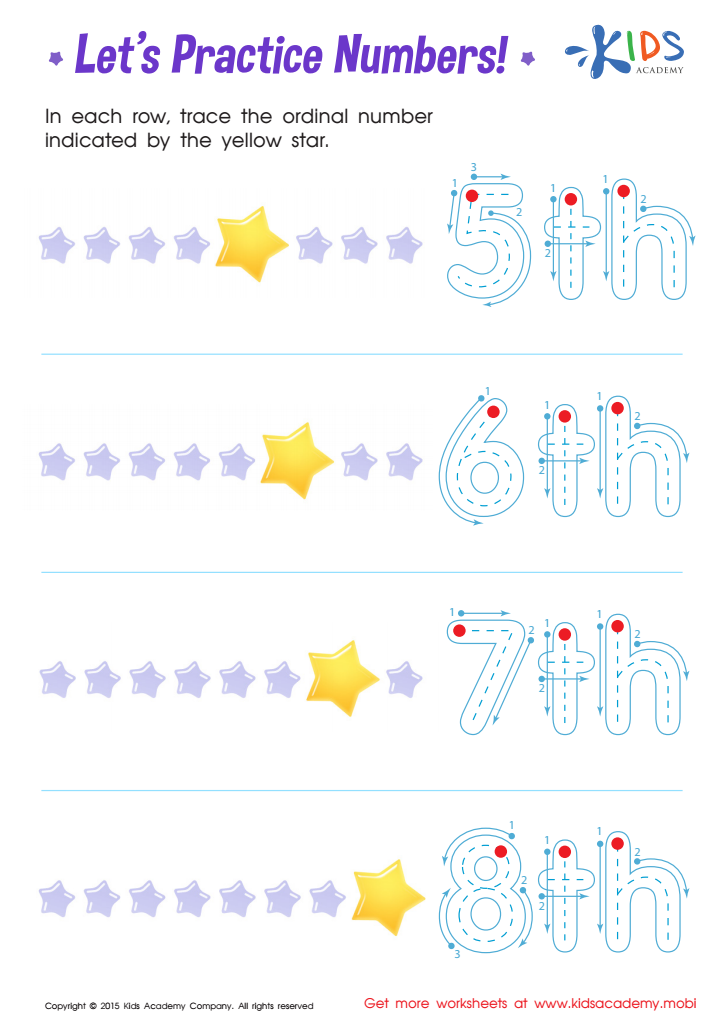Basic Addition Normal Numbers Worksheets for Ages 4-8
11 filtered results
-
From - To
Discover engaging Basic Addition Normal Numbers Worksheets tailored for children ages 4-8! Our versatile and interactive worksheets help young learners grasp fundamental addition skills through fun exercises and colorful illustrations. Designed to reinforce counting, number recognition, and addition concepts, these resources are perfect for both classroom and home use. Each worksheet promotes critical thinking while allowing kids to practice basic math in an enjoyable way. Whether you're a teacher looking to supplement your curriculum or a parent aiming to support your child's learning journey, our worksheets are a fantastic tool to foster early math skills and boost confidence in young learners. Explore now!
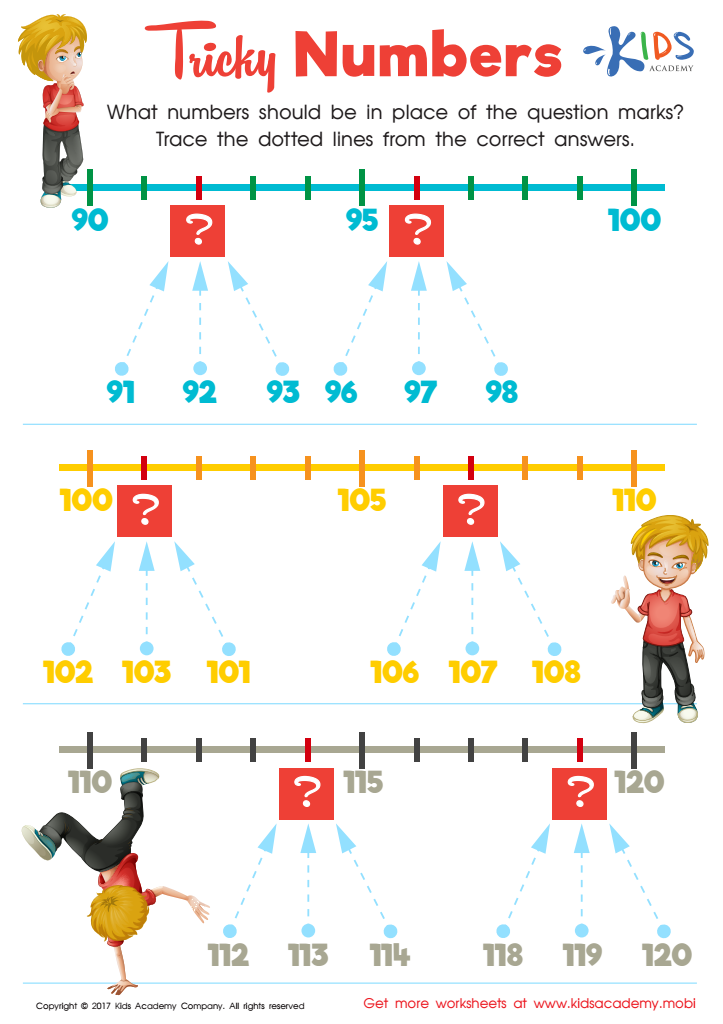

Tricky Numbers Worksheet
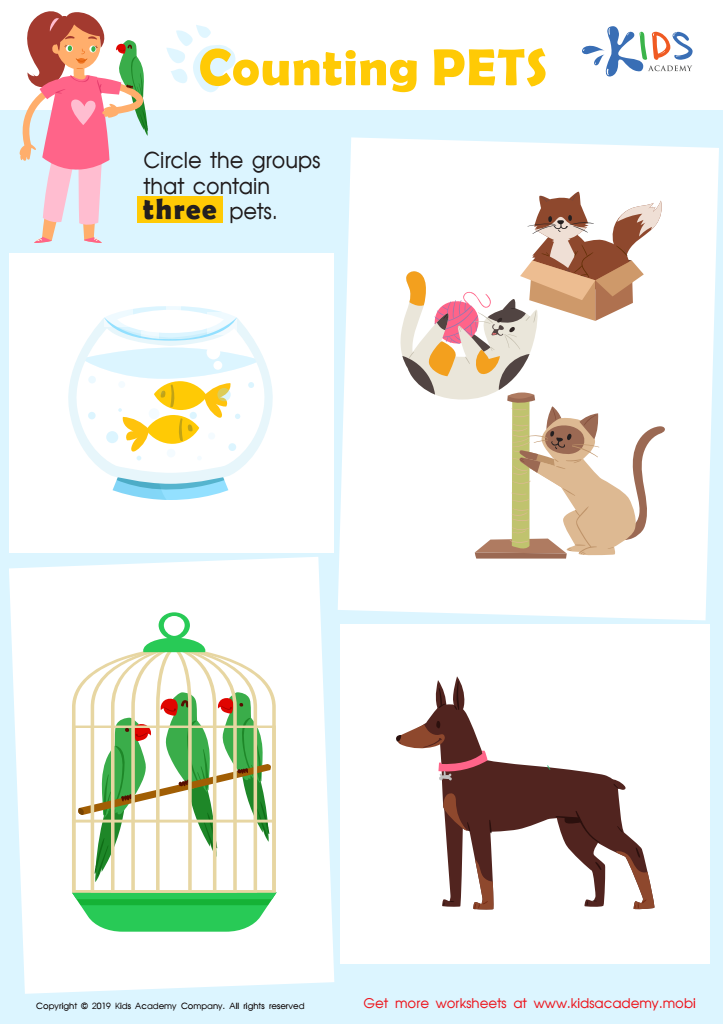

Counting Pets Worksheet
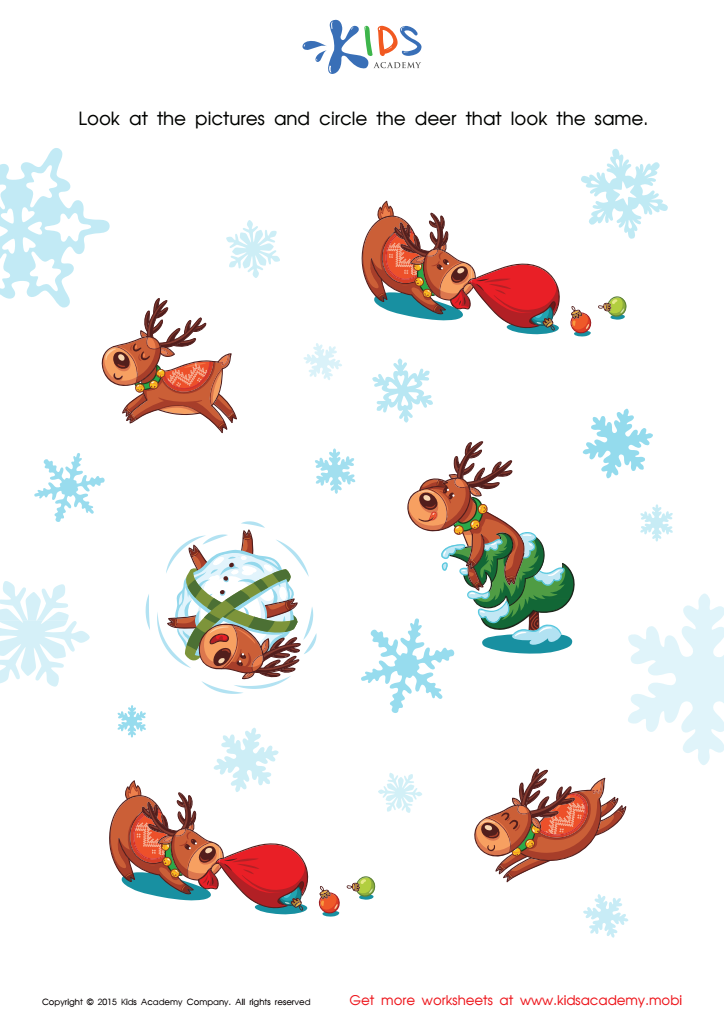

Count the Deer Worksheet
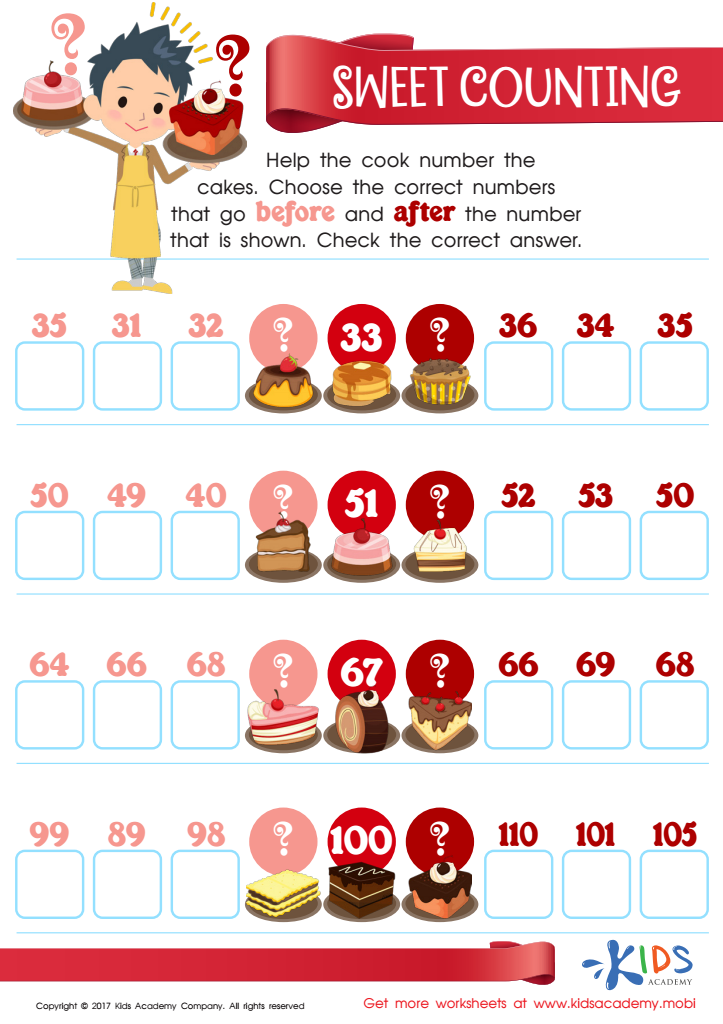

Sweet Counting - Part 1 Worksheet
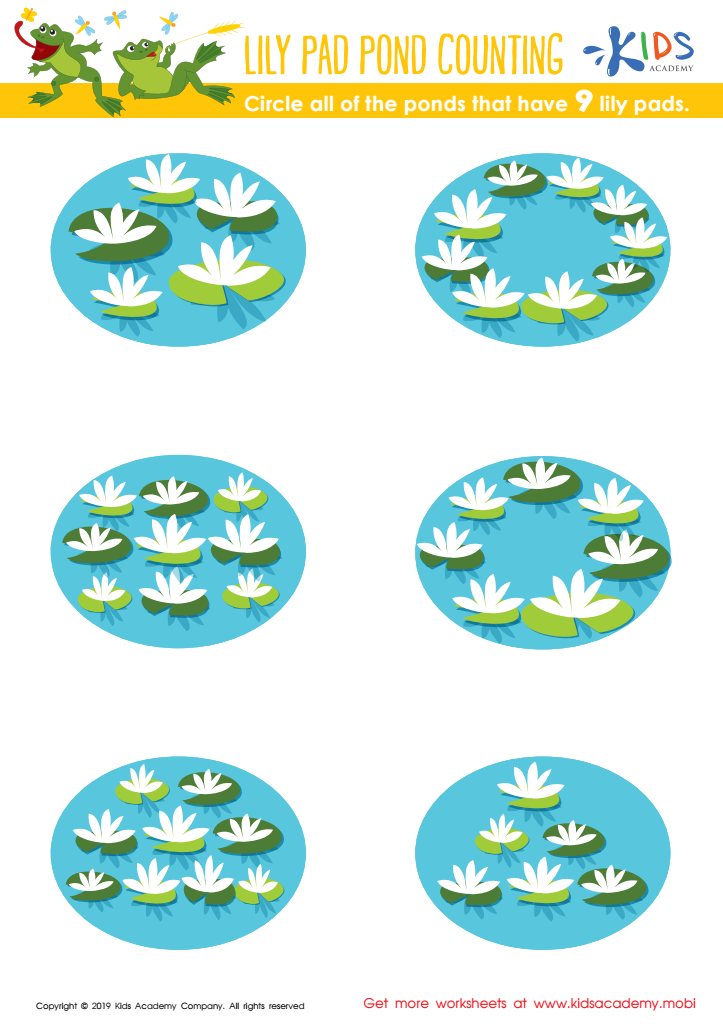

Lily Pad Pond Counting Worksheet
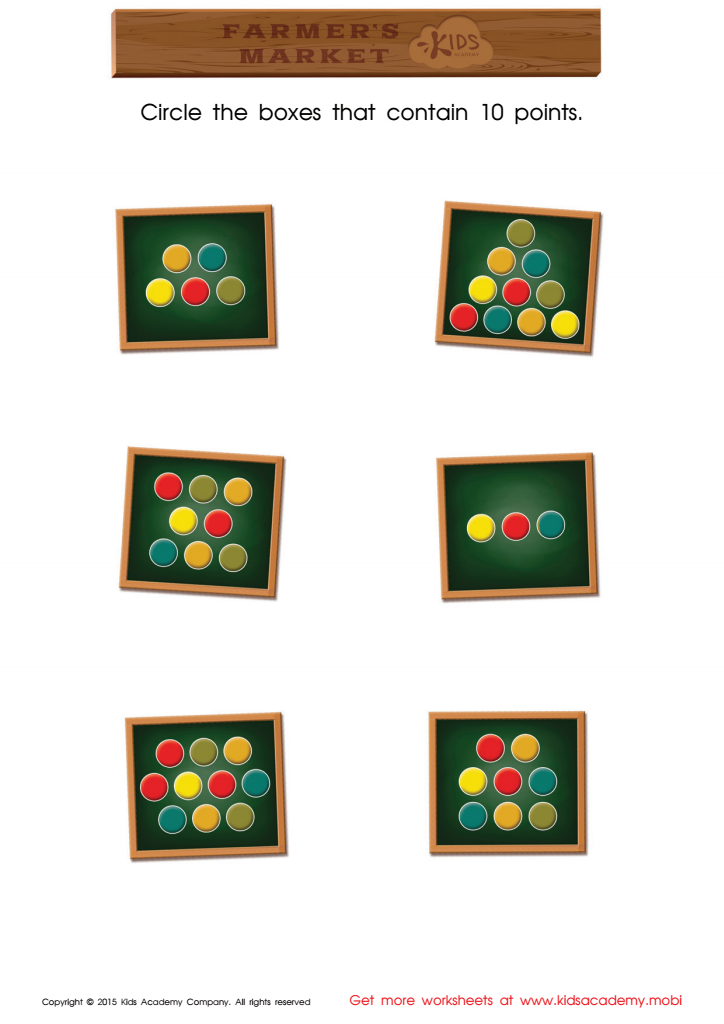

Count and Match Points 10 Math Worksheet
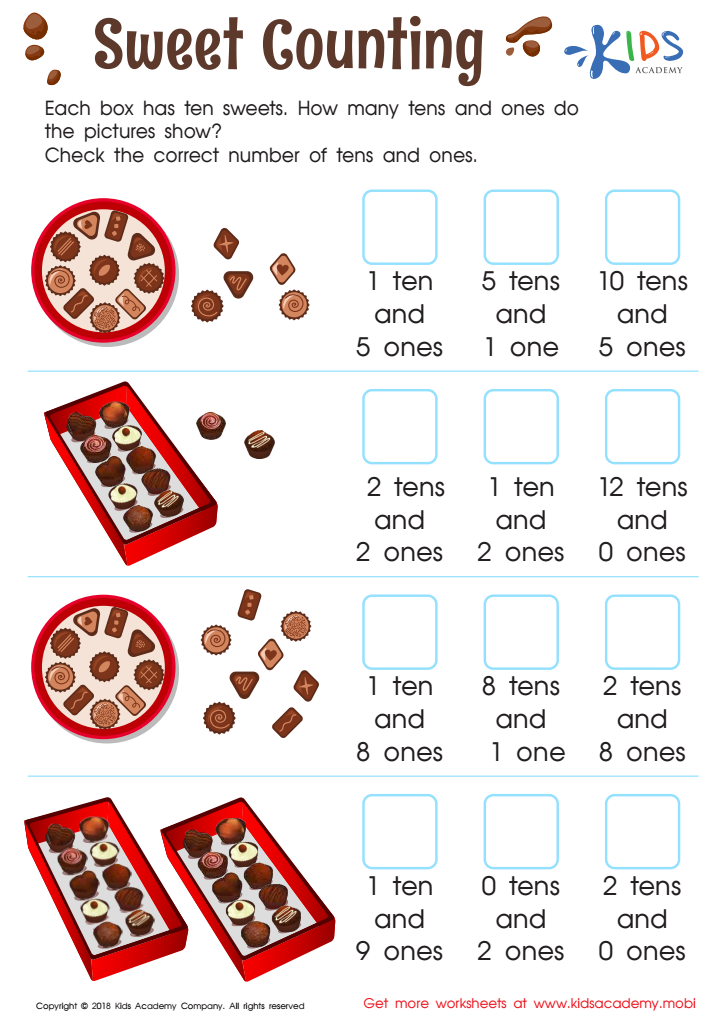

Sweet Counting - Part 2 Worksheet
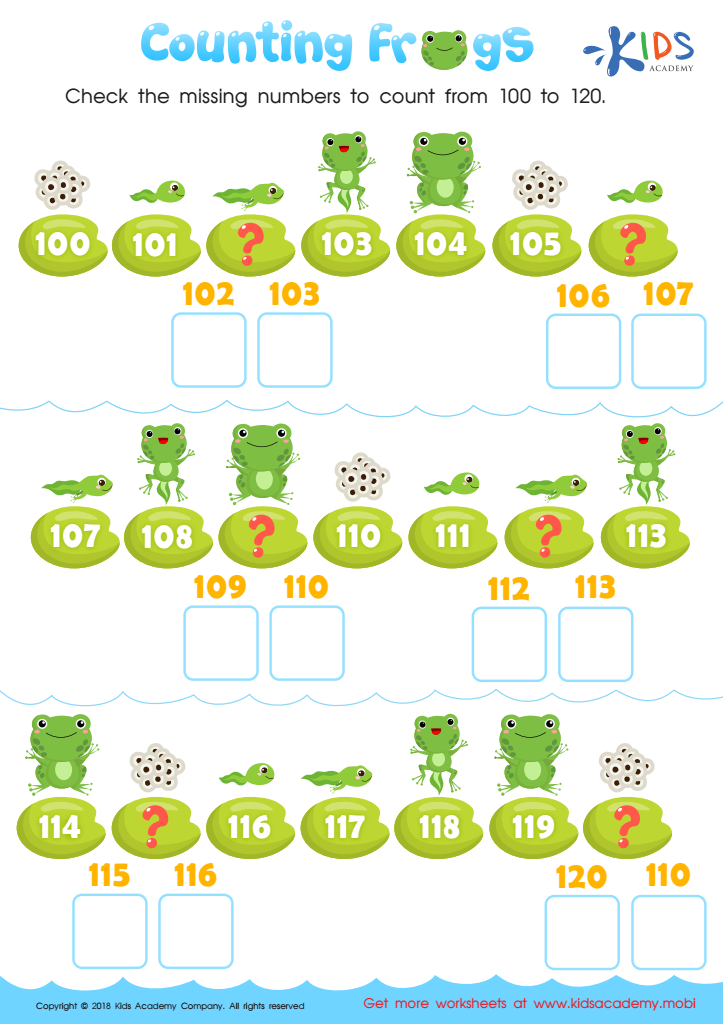

Counting Frogs Worksheet
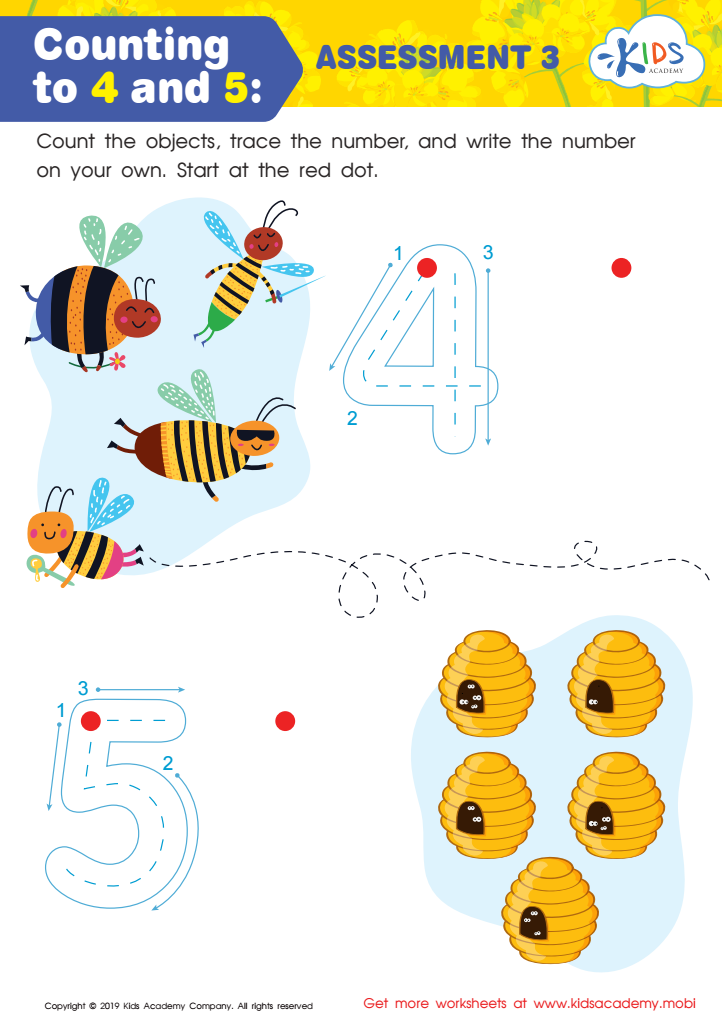

Counting to 4 and 5: Assessment 3 Worksheet
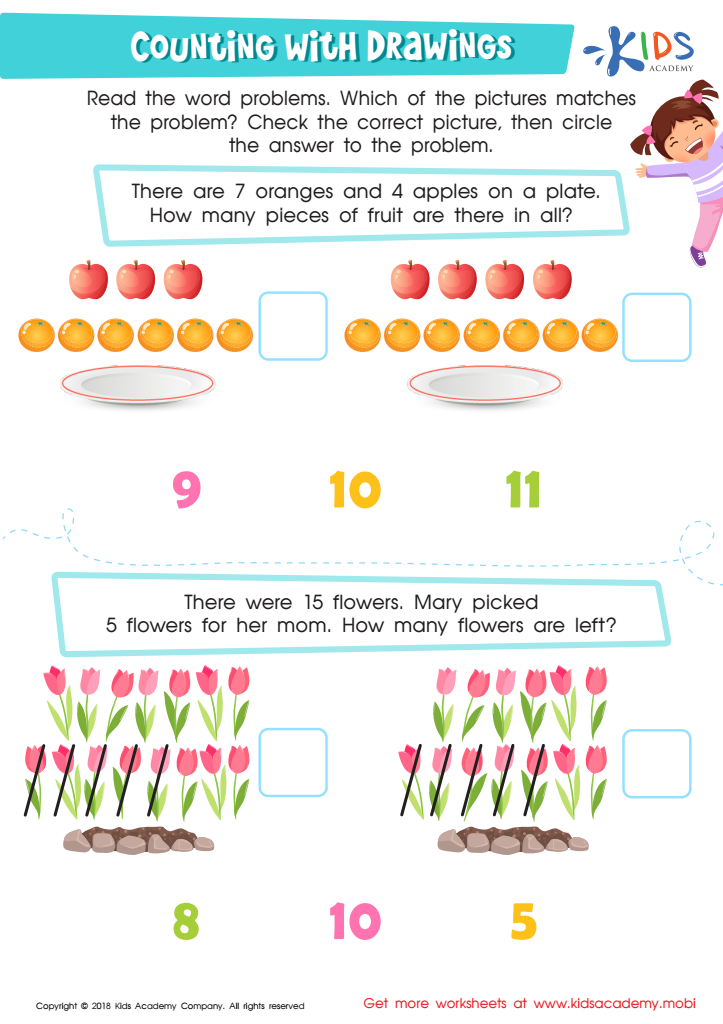

Counting with Drawings:Fruits & Flowers Worksheet
Basic addition of normal numbers is a foundational skill for children aged 4-8 and has significant implications for their cognitive development and academic success. At this age, children are in a crucial stage of mathematical learning, where grasping basic concepts can set the stage for future skills. Understanding addition helps children develop problem-solving abilities, logical reasoning, and critical thinking. These skills extend beyond math; they are essential for everyday decision-making and real-life applications.
Parents and teachers play a vital role in fostering a positive attitude toward math. Engaging children with fun, interactive activities can make learning addition enjoyable, promoting a love for mathematics early on. This enthusiasm can lead to increased confidence, helping to lessen math anxiety as they progress in school.
Furthermore, strong foundational math skills correlate with academic success in later grades. As children develop proficiency in addition, they build a sense of achievement which enhances their overall self-esteem. Ultimately, when parents and teachers actively support learning basic addition, they invest in a child's future, equipping them with the essential tools to navigate both academic challenges and everyday tasks. Understanding these fundamental concepts provides a gateway to more complex mathematical skills as children grow.

 Assign to My Students
Assign to My Students
